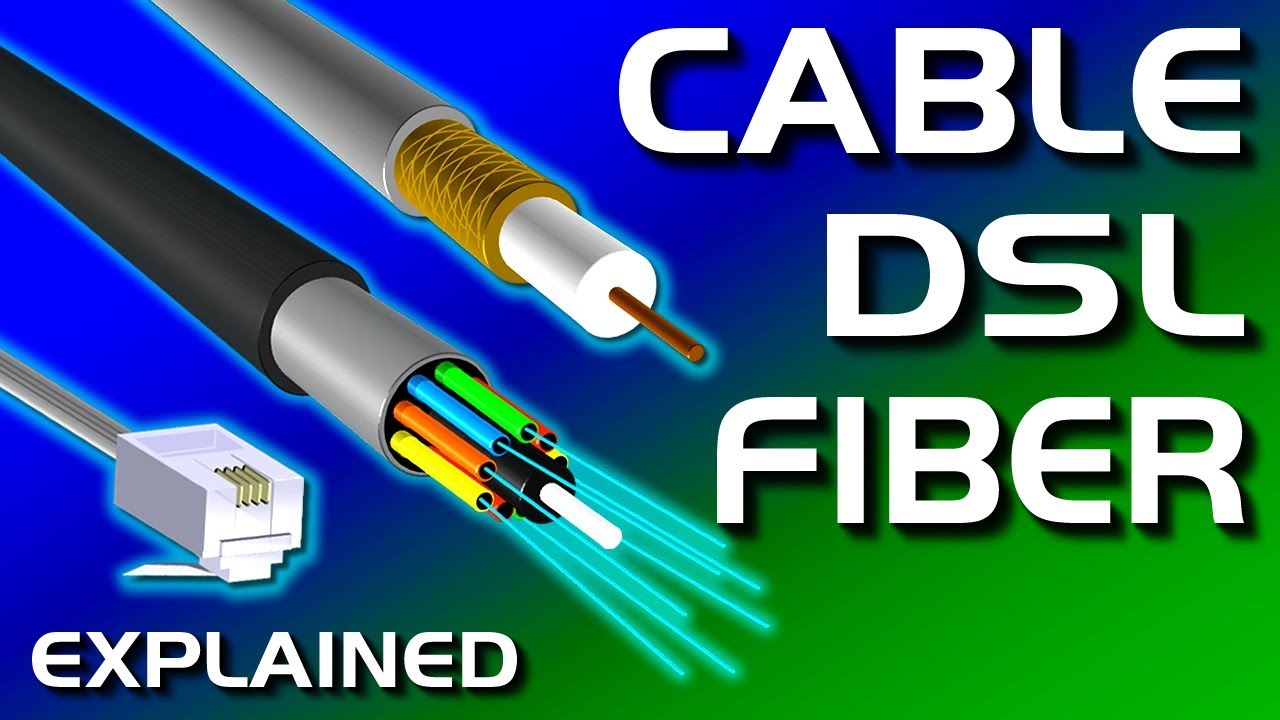DSL • April 23RD 2023
DSL Services in Colorado: The Ultimate Guide to Broadband, HDTV, Phone, and Streaming
Colorado is a state bustling with a thriving economy, stunning scenic beauty, diverse cultures, and a rich history. Residents in the state are enjoying a high quality of life, thanks to the numerous telecom services available to them. With Colorado’s population growing each year, broadband providers have been working to improve their broadband network across the state, ensuring that faster and more reliable internet services are available.
In this article, we’ll take a deep dive into DSL services in Colorado. We’ll highlight the broadband, HDTV, phone, and streaming services available to residents and give you five compelling reasons to consider getting broadband with an emphasis on HDTV. Additionally, we’ll also outline some remote and rural areas in the state where DSL or satellite may be the only reliable connectivity options.
Broadband, HDTV, Phone, and Streaming Services in Colorado
In Colorado, there is a wide variety of broadband service providers offering different packages and pricing options to customers. These providers include local companies like Atlas Networks, Cedar Networks, and Zito Media, as well as national providers such as AT&T, CenturyLink, and Xfinity. These providers offer a range of internet services including high-speed internet, phone, HDTV, and streaming services, depending on the package you choose.
Some of the largest cities in Colorado where you can find DSL services are:
- Denver
- Colorado Springs
- Aurora
- Fort Collins
- Lakewood
Broadband Packages
Broadband services in Colorado are widely available with affordable pricing options. The broadband providers offer various broadband packages, which may include internet speeds ranging from 1 Mbps up to more than 1 Gbps. In Colorado, the broadband packages usually come bundled with other services such as HDTV and phone services.
HDTV Packages
HDTV packages in Colorado offer customers access to hundreds of channels in high definition quality. You can enjoy your favorite shows, movies, sports, news, and more on your HDTV. Some of the HDTV providers in Colorado are:
- AT&T TV: Offers over 130 channels in HD quality, plus access to streaming apps like Netflix and HBO Max.
- CenturyLink Prism TV: Offers over 200 channels in HD quality, plus a wireless set-top box and a whole-home DVR.
- Xfinity X1: Offers over 200 channels in HD quality, plus voice control, personalized recommendations, and access to streaming apps like Peacock and Hulu.
Phone Packages
Phone packages in Colorado offer customers reliable and affordable phone services for their home or business. You can choose from different phone plans that suit your needs and budget. Some of the phone providers in Colorado are:
- Atlas Networks: Offers unlimited local and long distance calling, plus features like caller ID, call waiting, and voicemail.
- Cedar Networks: Offers unlimited local and long distance calling, plus features like call forwarding, three-way calling, and speed dialing.
- Zito Media: Offers unlimited local and long distance calling, plus features like caller ID, call blocking, and anonymous call rejection.
Streaming Services
Streaming services in Colorado offer customers access to thousands of movies, shows, documentaries, and more on their devices. You can stream your favorite content anytime, anywhere, without any contracts or commitments. Some of the streaming services available in Colorado are:
- Netflix: Offers a vast library of original and licensed content, including movies, shows, anime, and documentaries.
- Hulu: Offers a mix of original and licensed content, including movies, shows, live TV, and sports.
- Disney+: Offers exclusive content from Disney, Pixar, Marvel, Star Wars, National Geographic, and more.
Five Reasons to Get Broadband with an Emphasis on HDTV
If you’re still not convinced that broadband with an emphasis on HDTV is the best option for you, here are five reasons to consider it:
- Enjoy a superior viewing experience: With HDTV, you can watch your favorite content in crystal-clear quality, with vivid colors, sharp details, and immersive sound. You can also access 4K and HDR content, which offer even more realism and depth.
- Access more content and features: With HDTV, you can access hundreds of channels, including local, national, and international ones. You can also enjoy features like DVR, on-demand, and pay-per-view, which let you record, pause, rewind, and watch your content whenever you want.
- Save money and hassle: With broadband and HDTV bundles, you can get both services for a lower price than if you bought them separately. You can also enjoy the convenience of having one bill, one provider, and one customer service.
- Customize your package: With broadband and HDTV bundles, you can choose the package that suits your needs and preferences. You can select the internet speed, the number of channels, the add-ons, and the extras that you want.
- Future-proof your home: With broadband and HDTV bundles, you can ensure that your home is ready for the future of entertainment. You can enjoy the latest technology, the newest content, and the best performance.
Remote and Rural Areas in Colorado Where DSL or Satellite May Be the Only Reliable Connectivity Options
While broadband services are widely available in Colorado, there are some remote and rural areas where DSL or satellite may be the only reliable connectivity options. These areas may have limited or no access to cable or fiber-optic networks due to geographic or economic factors. Some of these areas are:
- The Eastern Plains: This region covers most of eastern Colorado and is characterized by flat terrain and low population density. DSL or satellite may be the only options for internet service in this area.
- The Western Slope: This region covers most of western Colorado and is characterized by mountainous terrain and diverse landscapes. DSL or satellite may be the only options for internet service in some parts of this area.
- The San Luis Valley: This region covers south-central Colorado and is characterized by high elevation and dry climate. DSL or satellite may be the only options for internet service in this area.
Wide Range of Broadband
DSL services in Colorado offer customers a wide range of broadband, HDTV, phone, and streaming services to choose from. Whether you live in a large city or a remote area, you can find a DSL provider that meets your needs and budget. DSL services also offer many benefits, such as superior viewing experience, more content and features, lower cost and hassle, customizable packages, and future-proof technology. If you’re looking for a reliable and affordable internet service in Colorado, DSL may be the perfect option for you.





